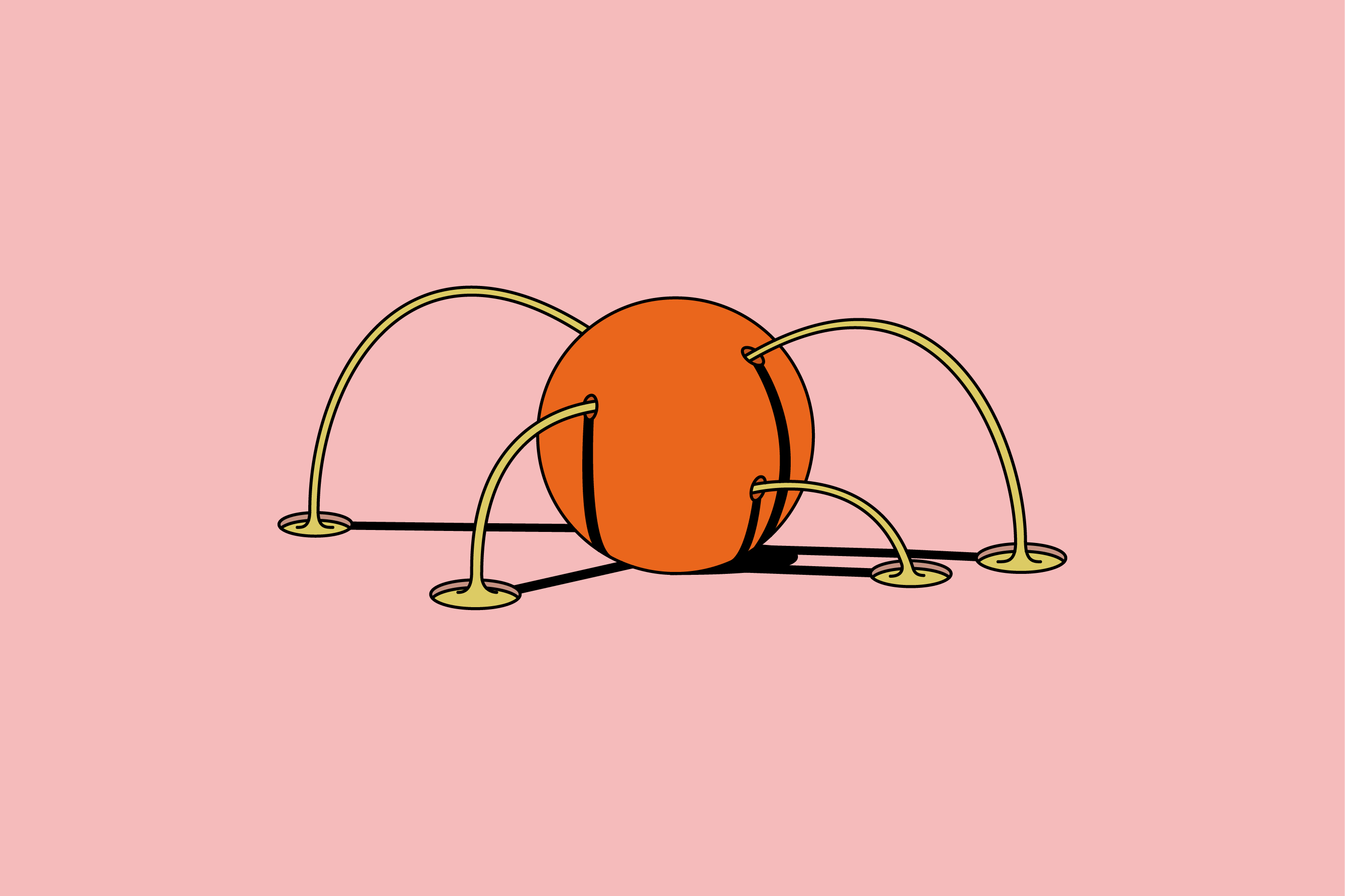How to Strengthen Your Bladder

by Team Thinx
Dealing with urinary incontinence can be quite the journey, and it's totally okay to have questions along the way. You might be wondering, "How can I give my bladder some love?" or "What are these bladder irritants everyone talks about?" Well, let's dive into it together. One technique that we’ll discuss is called bladder training.
So, what's bladder training all about? It's like teaching your bladder some new tricks. By gently retraining your bladder, you can experience fewer unexpected leaks. In this article, we're going to share some practical strategies to help you become the master of your bladder.
what is bladder training?
Bladder training is a helpful method that gives you more control over your bladder. It involves establishing a regular schedule for emptying your bladder, gradually increasing the time between bathroom visits, and learning techniques to suppress the urge to urinate. By retraining your bladder, you can improve its capacity to hold urine and reduce the frequency of leaks.
There are many benefits to bladder training. Firstly, it leads to enhanced bladder control. Through consistent training, the bladder learns to retain urine for longer durations, resulting in fewer unexpected leaks. Additionally, bladder training can lead to a reduction in urinary frequency. By expanding the bladder's capacity, individuals find themselves making fewer trips to the restroom. Successful bladder training can significantly improve overall quality of life. It gives individuals the confidence and freedom to engage in daily activities without the constant worry of leaks.
how bladder training can help
Urinary incontinence can significantly impact one's daily life, but the practice of bladder training presents a transformative solution. Here's how bladder management can revolutionize your urinary health:
enhanced bladder control
It's important to note that bladder training does not involve holding your pee for extended periods. Instead, it focuses on gradually increasing your bladder's capacity, helping you avoid unexpected leaks and gain better control.
reduced urinary frequency
Bladder training is like a workout regimen for your bladder. By gradually increasing the time intervals between bathroom visits, you stretch your bladder's capacity. This, in turn, leads to a decrease in the frequency of visits to the restroom. With a bladder trained for endurance, you'll find yourself making fewer trips and reclaim precious time in your day.
improved quality of life
One of the most significant advantages of successful bladder training is the freedom it grants. By regaining control over your bladder, you can confidently engage in daily activities without the constant apprehension of leaks. This confidence extends to social engagements, physical activities, and even traveling.
empowerment and confidence
Successfully mastering bladder training instills a profound sense of empowerment. It's a tangible achievement that demonstrates your ability to take control of your bodily functions. This newfound confidence can radiate into various aspects of your life, fostering a positive outlook and an enhanced sense of self.
customized approach to incontinence
Bladder training is highly adaptable and can be tailored to suit individual needs. Whether you're managing stress incontinence, urge incontinence, or a mix of both, this technique can be adjusted to address your specific challenges.
improved sleep quality
Nocturia, or the need to wake up during the night to urinate, is a common challenge for individuals with urinary incontinence. Bladder training can help extend the time between bathroom visits, potentially leading to fewer disruptions in your sleep cycle.
tips to strengthen your bladder
Regaining control over your bladder is an empowering journey, and it begins with implementing effective strategies into your daily routine. Here's a detailed look at practical tips to strengthen your bladder:
1. establish a routine
Consistency is key to successful bladder training. Start by scheduling regular bathroom breaks. Begin with shorter intervals and gradually increase the time between visits. This structured approach conditions your bladder to hold urine for longer periods, leading to improved bladder control.
2. incorporate kegel exercises
Strengthening your pelvic floor muscles is a cornerstone of bladder training. Kegel exercises specifically target these muscles, which play a crucial role in controlling urinary flow. To perform a Kegel, contract the muscles you would use to stop urinating and hold for a few seconds before releasing. Gradually increase the duration and repetitions over time. These exercises, when practiced consistently, can significantly enhance bladder control.
3. hydration with awareness
Adequate fluid intake is essential for overall health, including bladder function. However, it's important to be mindful of when and how much you're drinking, especially in the evening. Minimizing fluid intake closer to bedtime can help reduce nighttime trips to the bathroom, allowing for more uninterrupted sleep.
4. avoid bladder irritants
Certain foods and beverages can irritate the bladder, potentially exacerbating incontinence symptoms. Caffeine, alcohol, and spicy foods are common culprits. Consider reducing or avoiding these triggers to provide relief to your bladder.
5. seek professional guidance
Consulting a healthcare provider or a specialized pelvic floor physical therapist can provide invaluable support on your journey to strengthen your bladder. These professionals can offer personalized guidance, recommend specific exercises, and address any underlying issues contributing to urinary incontinence.
6. leverage Thinx for All Leaks
Thinx for All Leaks offers a range of innovative underwear designed to provide extra support and confidence during your bladder training journey. Our incontinence underwear is equipped to handle leaks, providing comfort and peace of mind as you work towards improved bladder control.
Strengthening your bladder is a gradual process that requires patience and persistence. By incorporating these strategies into your routine and seeking professional guidance when needed, you can take significant strides toward regaining bladder control.
a future of confidence and comfort
By incorporating these strategies and making use of Thinx for All Leaks, you're not just taking charge of your bladder health, you're also on your way to regaining confidence and the freedom to live life more comfortably. Embrace each day with the assurance that you have the tools and know-how to lead a fulfilling life. With patience, persistence, and the right resources from Thinx, a more comfortable future awaits.
sources:
Mayo Clinic. How to Squeeze in Kegels All Day Long. www.mayoclinic.org/healthy-lifestyle/womens-health/in-depth/kegel-exercises/art-20045283
Healthline Media. 5 Best Exercise and Treatment Types for Women with an Overactive Bladder. www.healthline.com/health/overactive-bladder-exercises-women
NIH. 15 Tips to Keep Your Bladder Healthy. https://www.nia.nih.gov/health/15-tips-keep-your-bladder-healthy
Posted: December 19, 2023
Related Articles
one new subscriber wins a free pair of Thinx every day! see rules


